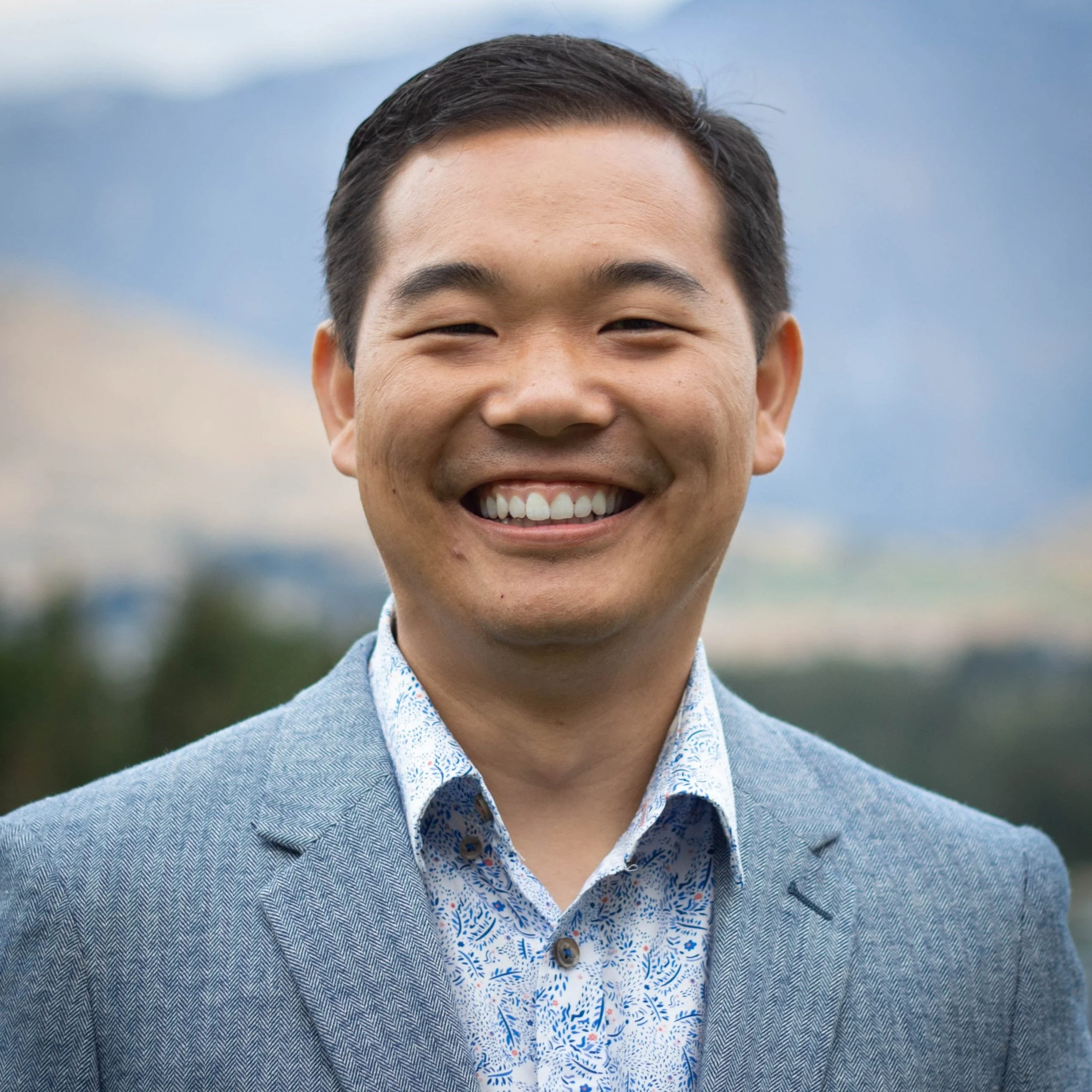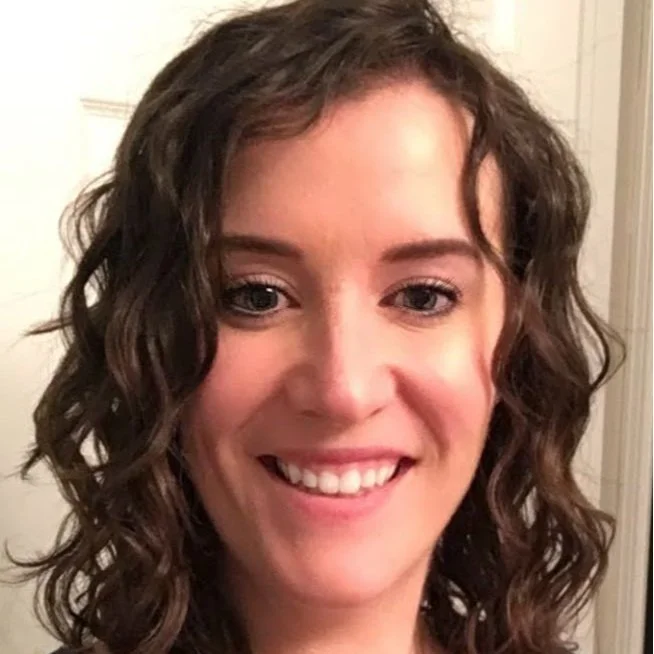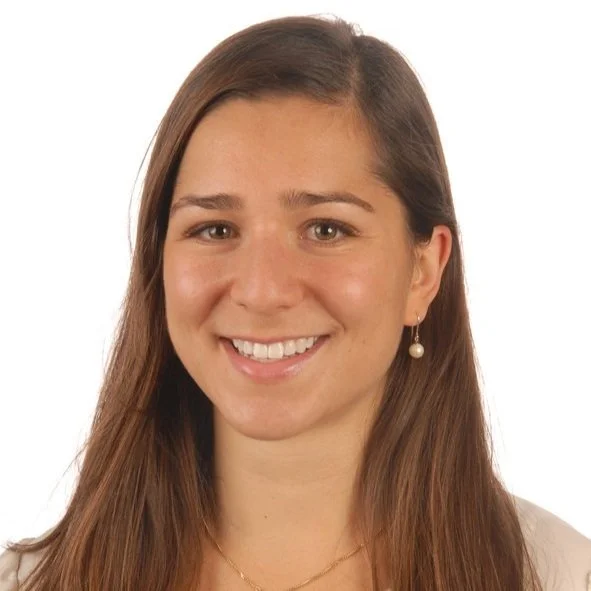CHILD-BRIGHT is delighted to announce the recipients of the 2021 CHILD-BRIGHT Graduate Student Fellowship in Patient-Oriented Research.
The fellowship is designed to enhance the training experience of graduate students and postdoctoral fellows who are engaged in patient-oriented research (POR) relating to brain-based developmental disabilities in children. It also aims to increase patient engagement throughout the process by enriching current POR practices or augmenting the research project.
POR is integral to evidence-informed health care and CHILD-BRIGHT is proud to support the POR projects of the following six recipients:
1. Adapting in-home data collection for families of children with severe neurological impairment
Recipient: Katelynn Boerner
Project Summary: As a co-investigator of the Living Lab at Home (LLAH) research initiative, led by PIUO Co-Principal Investigator Tim Oberlander, Katelynn has been helping develop a platform for researchers to gather data about potential markers for patient distress at home. Katelynn is now seeking to understand how to adapt this platform to better serve families of adolescents with severe neurological impairment (SNI).
With this project, Katelynn aims to answer four research questions: (1) How do families of adolescents with SNI feel about in-home data collection, and will they engage in it? (2) What adaptations would be required to make this type of data collection feasible for, and reduce burden on, families? (3) What are these families’ research priorities? (4) Can the information gathered through this project be adapted into a platform for conducting community-based research for families across the developmental spectrum?
2. HEIGHTEN: Home-based Early Intensive Hemiparesis Therapy: Engaging Nurture
Recipient: Alicia Hilderley
Project Summary: Early intervention is increasingly recognized as critical for optimizing the long-term health and wellbeing of infants and toddlers with hemiplegic cerebral palsy (HCP), or CP affecting one side of the body. However, questions remain about the ideal format. Coaching caregivers to deliver upper limb therapy at home seems promising. This format could allow for a higher therapy dose at lower cost, make therapy more easily accessible for families, and encourage lasting improvements in hand and arm function.
With this project, working under the supervision of SPORT Principal Investigator Adam Kirton, Alicia aims to answer two research questions: (1) Is a home-based upper limb therapy program for infants and toddlers with HCP feasible for, and acceptable to, caregivers and therapists? (2) Is this program effective in achieving functional goals and in improving arm/hand function for infants and toddlers with HCP?
3. The Examination Under Anesthesia (EUA) Project: Optimizing care and minimizing trauma in children and youth with severe neurodevelopmental disorders and behavioural complexity requiring sedation
Recipient: Aaron Ooi
Project Summary: Parents of children and youth with brain-based developmental disabilities and behavioural complexity have often voiced their frustration with the difficulties in coordinating care between health services for their child. Such difficulties in coordination often results in inequitable access to medical examinations and investigations that frequently require anesthesia. The process for accessing such procedures is also frequently traumatic for patients, caregivers, families and staff, as even for simple procedures such as blood tests, multiple adults can often be required to restrain the child.
With this project, and working under the supervision of PIUO project Co-Investigator Anamaria Richardson, Aaron aims to record accounts of the lived parental experiences in these situations and amplify their narratives. It is hoped that these narratives will subsequently inform decision makers at a management and operations level in planning for, and improving, current sedation services for these patients.
4. Enhancing access and engagement in pediatric telerehabilitation for children with neurodevelopmental disabilities and their families
Recipient: Meaghan Reitzel
Project Summary: COVID-19 restrictions have limited access to in-person children’s rehabilitation services. Service providers have pivoted to supporting families using telerehabilitation platforms to provide therapeutic services remotely. Although convenient, using these platforms can continue to present barriers for children and families needing to access crucial services.
With this project, Meaghan aims to co-design and evaluate innovative solutions that will enhance the accessibility of, and engagement in, telerehabilitation for children with brain-based developmental disabilities. In collaboration with patient-partners (parents of a child with a brain-based developmental disability) and a knowledge user partner (KidsAbility), Meaghan will: (1) examine the patterns of missed telerehabilitation visits; (2) develop and implement innovative solutions to enhance access and engagement in telerehabilitation; (3) evaluate the implementation of solutions at a Children's Treatment Centre in Ontario.
5. Codesigning and evaluating a workplace disability disclosure decision-aid and planning tool for autistic youth and young adults to enhance self-determination and decision-making skills
Recipient: Vanessa Tomas
Project Summary: Canadian youth and young adults on the autism spectrum face underemployment (i.e., lower pay/hours, tasks that are below their intellectual potential) and shockingly low employment rates despite their willingness to work. Disclosing their autism and/or related needs at work may improve employment outcomes, but the decision-making process around whether and how to disclose can be complex. As part of her doctoral research, Vanessa worked to better understand the workplace disclosure experiences of Canadian autistic youth and adults. Her findings revealed the need for a disclosure decision-aid and planning tool that is sensitive to intersectional identities and cultivates decision-making and self-determination skills, which she now aims to co-design and evaluate in collaboration with four autistic youth and young adult partners.
With this project, Vanessa aims to answer the research question: What is the usability, feasibility, and perceived impact of such a disclosure decision-aid and planning tool for autistic youth and young adults when it comes to enhancing decision-making and self-determination skills?
6. Improving Decision Making in the Neonatal Intensive Care Unit – a Quality Improvement Initiative
Recipient: Maya Dahan
Project Summary: Maya is working on a tool to help medical teams working in the neonatal intensive care unit (NICU) collect, document, and transfer the essential information that clinicians need to know to best support newborn babies and families. This tool will standardize information-gathering and develop a process for its implementation based on parental and medical team input. It is particularly important for this information to be well documented and transferred in the NICU, because most infants in the NICU are hospitalized for a prolonged period of time and are cared for by different care providers. Without standardization, there is significant opportunity for errors and omissions that can negatively impact the family’s partnership with the medical team.
With this project, working under the supervision of CCENT Principal Investigator Paige Church, Maya aims to enhance communication between families of infants and the NICU staff about the family’s context, values, and goals and how they affect their decision-making process. In so doing, she hopes to shed light on how an interdisciplinary team can improve their communication with families around their context, values, fears, and goals while creating a framework for improvement.







